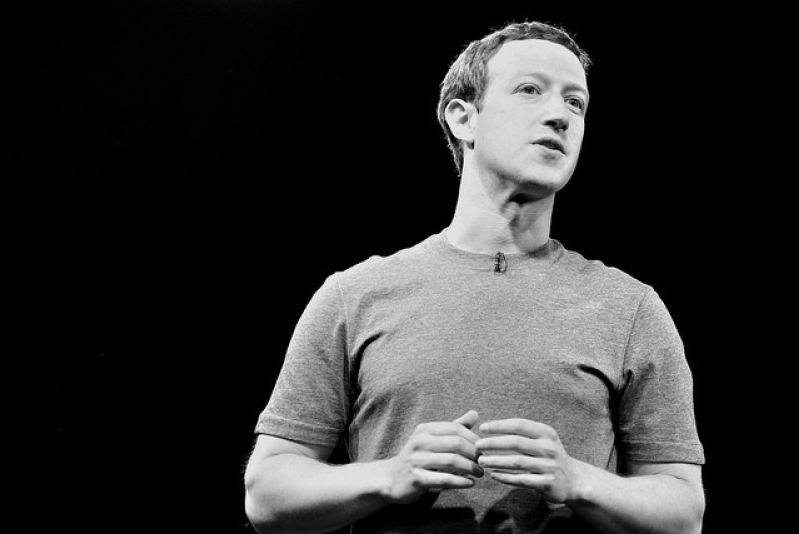
Facebook CEO Mark Zuckerberg had previously responded to allegations regarding fake news stories. Some people have claimed that hoax articles in the News Feed helped swayed US voters in favor of President-elect Donald J. Trump. Now, Zuckerberg laid out the social media platform's plan to address misinformation amid such growing concerns.
Zuckerberg admits that resolving this issue is not easy and requires some time. However, he ensured that it is a work in progress. Among the actions that are already underway is "stronger detection". Normally, Facebook users can flag fake or hoax articles. Facebook is not going to rely entirely on that. Zuckerberg said that they are going to improve its ability to "classify misinformation". It means that a more reliable algorithm or better technical systems will be used to identify what "people will flag as false".
Though people can actually report fake stories, it does not seem to be as effective. Zuckerberg mentioned that they will make it much easier for users to report misinformation. However, he did not elaborate how it can be done. As a social media platform, Facebook will not hinder people to exercise their rights to free speech. At the same time, they will also not promote inappropriate content. Hence, Facebook needs help from more fact-checking organizations. Such third party verification is significant in determining legit news stories from those that are not.
Google has a fact-checking feature in its news feed. Facebook seems to do the same thing. It's even taking a step further by labeling false stories or any kind of warning for people to avoid reading or sharing them. It will also increase the quality of related articles in News Feed.
As with Google, Facebook will also indirectly target websites that spread misinformation by making changes in its ads policies. Blocking such sites of their source of revenue might stop them from publishing fake stories. Zuckerberg also vowed to continuously work with the news industry for inputs related to fact-checking.
Zuckerberg previously released a statement that 99 percent of the news content on Facebook is authentic. The very small percentage of fake news stories seemed most unlikely to have influenced the outcome of the US Presidential Election. In a rare occasion, Twitter ruled over Facebook on the Election Day itself. In fact, The Business Insider went as far to say that Trump's popularity in Twitter was a sign of him winning the presidency.
It should be noted that back in 2015, Trump was purportedly endorsed by Pope Francis. This was identified as a fake news story by myth-busting site Snopes. According to The Guardian, other misinformation includes the fact that Hillary Clinton had "bought illegal arms worth $137 million" and her family had purchased a "$200 million house in the Maldives". Apparently, the hoax articles viewed President-elect Trump in a good light contrary to his opponent.
Unfortunately for Facebook, it received criticisms for supposedly playing a role in propelling Trump to the White House. It has been almost three weeks since the historic 2016 US Presidential Election. The election result is unprecedented in terms of public reception. In a democratic nation that has become evidently divisive, some have freely expressed their dismay over who emerged as the next US President. Others have looked for anyone or anything else to blame.







